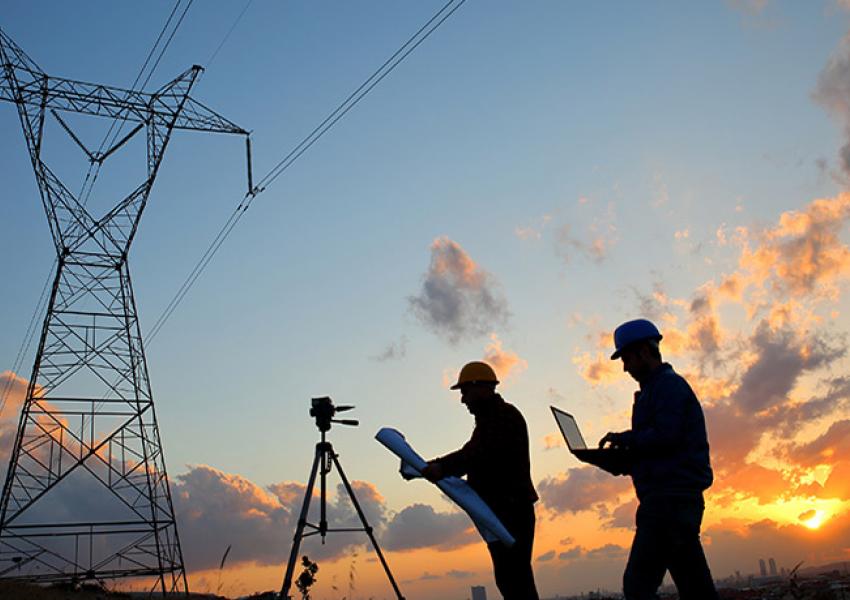
Long Hot Summer In Iran- Energy Official Warns Of Power Cuts Ahead
"The coming summer will not be hard, it will be very hard," Gholam-Ali Rakhshani-Mehr, an official of the Electricity Production, Transfer and Distribution Company of Iran (Tavanir), said Friday [April 23] on Iranian public television. He warned that a "power-outage tsunami" and rationing would be likely if people did not cooperate by reducing usage.
According to Rakhshani-Mehr, Coordination Deputy of Tavanir, low rainfall since late March had reduced water stored behind dams. In July 2020, a Tavanir official said dams generated 15 percent of electricity produced in Iran.
But shortage of hydro-electric power is not the only reason for insufficient power supply. Iran’s natural gas production has been declining every year because of lack of investments and Western technology. Last winter, power stations were forced to use environmentally unsafe heavy oil products in power generation stations, causing heavy smog in major cities for weeks.
Western energy companies such as the French giant Total pulled of deals with Iran after former US President Donald Trump imposed sanctions in 2018. But Iran’s energy sector has been mostly closed to foreign competition and investments, gradually eroding both oil and natural gas production.
Warmer weather in the spring, Covid-19, and unauthorized use of electricity in cryptocurrency mining, have all contributed to higher demand. The Covid pandemic has led many Iranians to work remotely while higher temperatures had encouraged the use of air-conditioning, Rakhshani-Mehr said. Nearly a quarter of all electricity in summer is used by cooling appliances.
Rakhshani-Mehr said Tavanir had reduced lighting in public places and roads, other than risk-prone areas, by 50 percent, while government offices have been ordered to reduce electricity usage by 50 percent during working hours and 90 percent at other times.
Rakhshani-Mehr also pledged authorities would curb unauthorized use of domestic electricity in cryptocurrency mining, a process using banks of high-powered computers that led in January to daily power cuts in both urban and rural areas and encouraged the use of heavy-oil products such as mazut in power generation, blanketing major cities in smog.
Several media reports blamed gigantic Bitcoin farms in Rafsanjan, southeast Iran, where Chinese Bitcoin miners have been active for over a year in a Special Economic Zone. The Ministry of Industries, Mines, and Trade has estimated cryptocurrency worth $660 million a year is mined unofficially in Iran, 4-6 percent of the global total of $11 billion.









